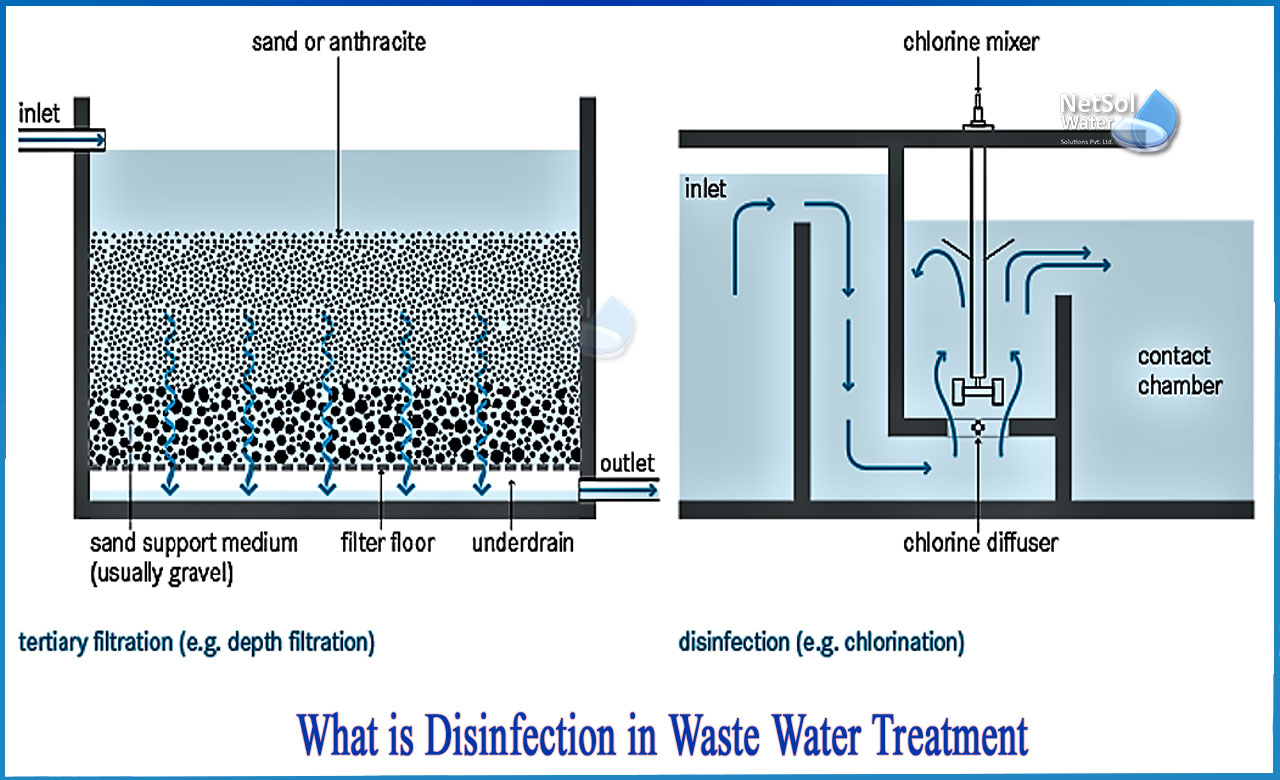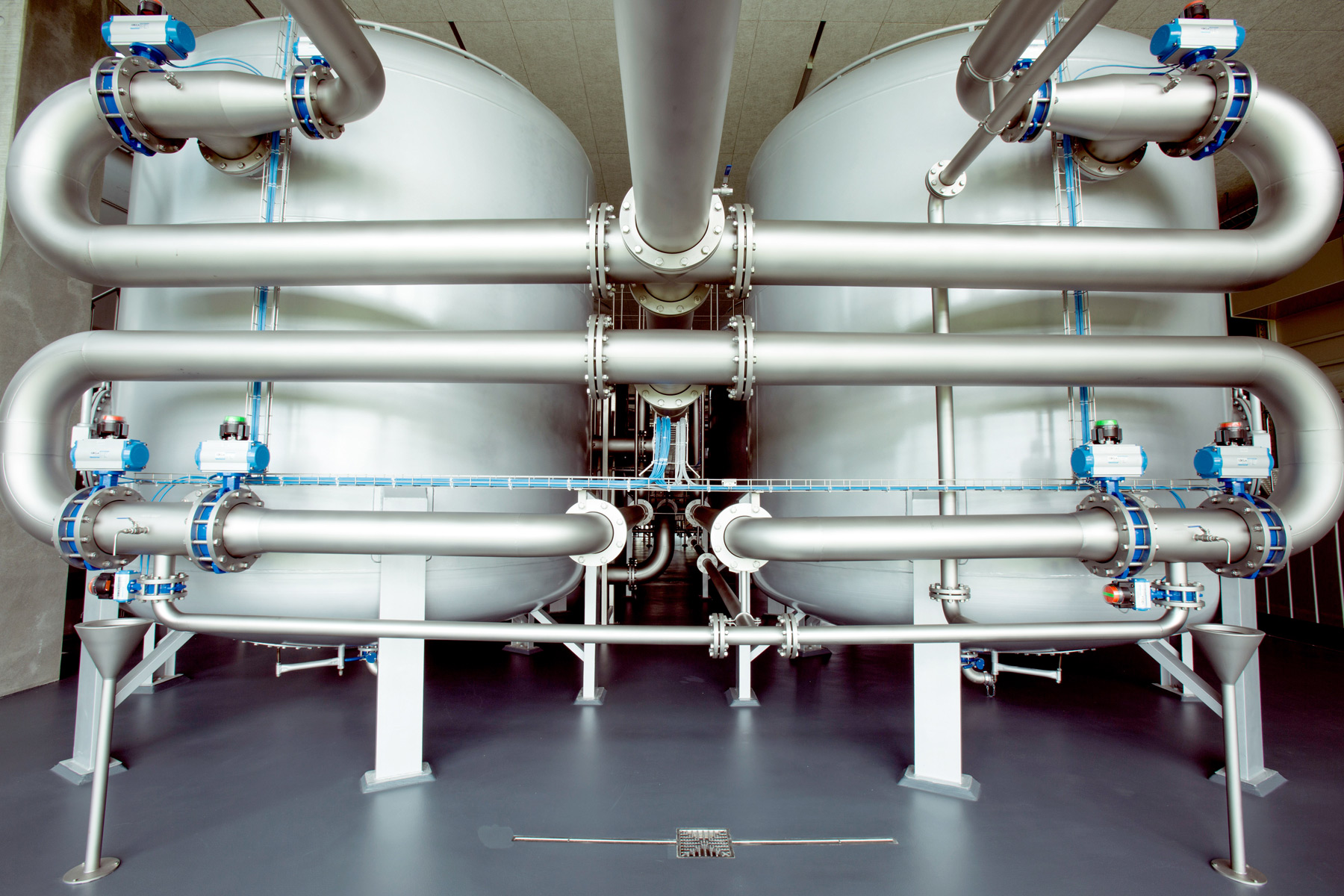Discovering Water Technology Startups: Just How They Change Lasting Solutions
Water Technology startups are becoming vital gamers in the mission for sustainable options to worldwide water problems. These business take advantage of cutting-edge modern technologies to boost water performance and monitoring. Their payments attend to pushing obstacles such as scarcity and contamination. Regardless of their potential, they encounter different obstacles that can influence their success. Recognizing these dynamics drops light on the future of water sustainability and the role these start-ups might play in shaping it.
The Significance of Water Technology in Today's World
As global water deficiency escalates, the significance of water Technology ends up being increasingly noticeable. Water Technology plays an important function in dealing with the obstacles positioned by diminishing fresh water resources and increasing demand. It includes a wide series of innovations, consisting of sophisticated filtration systems, wastewater treatment innovations, and wise irrigation services. These improvements not just boost the performance of water use however also advertise sustainable methods throughout different industries, consisting of agriculture, industry, and metropolitan advancement.
The relevance of water Technology prolongs past resource administration. It fosters strength versus climate adjustment impacts, such as dry spells and floods, by providing flexible solutions for water conservation and administration. In addition, it supports public health and wellness by making certain access to tidy and safe alcohol consumption water. As the globe faces growing water-related challenges, the integration of innovative water innovations is necessary for fostering sustainable development and protecting water accessibility for future generations.
Cutting-edge Solutions From Water Technology Startups
While traditional techniques to water monitoring have actually served their objective, a brand-new wave of water technology start-ups is revolutionizing the industry with cutting-edge solutions (Water Technology Startups). These companies leverage advanced technologies to resolve pushing water problems, such as shortage, contamination, and inefficient circulation. Several start-ups use man-made knowledge and artificial intelligence to maximize water use and anticipate demand, resulting in more lasting techniques
Furthermore, several firms focus on establishing innovative filtration systems that remove contaminants and make water safe for consumption. Others explore decentralized water therapy innovations, enabling communities to handle their water resources better. Some start-ups are pioneering smart irrigation services that decrease water waste in farming, promoting ecological preservation.
Case Researches: Effective Water Technology Startups
Various water Technology start-ups have actually emerged as leaders in resolving global water difficulties with cutting-edge techniques. One remarkable example is Xylem, which concentrates on water analytics and wise framework to optimize water use and minimize waste. Their solutions have been carried out in different municipalities, demonstrating considerable renovations in water management efficiency.
Another successful startup, No Mass Water, has established solar-powered hydropanels that draw out water vapor from the air, giving lasting alcohol consumption water in deserts. Water Technology Startups. This Technology has actually been released in several nations, making certain areas have access to clean water
AquaVenture Holdings runs a diverse portfolio of water-as-a-service services, dealing with water shortage with desalination and wastewater treatment. Their projects have proven important in regions facing severe water shortages, showcasing the potential of innovative water technologies to create long lasting, positive impacts. These instance researches highlight the transformative possibility of start-ups in the water Technology market.
The Function of Smart Technology in Water Monitoring
Smart Technology plays an essential function in contemporary water monitoring by leveraging IoT applications to optimize source use. Data analytics boosts performance by giving workable insights, while remote surveillance options allow real-time oversight of water systems. With each other, these technologies change how water is managed, promoting sustainability and operational efficiency.
IoT Applications in Water
As water scarcity and monitoring difficulties intensify worldwide, the integration of Internet of Things (IoT) applications has actually become a crucial solution in enhancing water sources. IoT Technology assists in real-time monitoring and evaluation of water supply, allowing a lot more reliable usage and management. Sensing units released in various water infrastructures can track quality, flow prices, and leak, providing important information to stakeholders. This data empowers energies and consumers to make enlightened choices, reducing waste and improving preservation initiatives. Furthermore, clever watering systems make use of IoT to optimize water distribution for agriculture, making certain that crops obtain the best quantity of water at the appropriate time. In general, IoT applications are changing conventional water administration practices, promoting sustainability and resilience in water resource systems.
Information Analytics for Efficiency
Taking advantage of information analytics is crucial for enhancing effectiveness in water administration. Water Technology startups are significantly using innovative analytics to maximize source allowance and lower waste. By analyzing information from numerous sources, these startups can determine patterns and trends that notify much better decision-making. For instance, predictive analytics can forecast water demand, allowing utilities to adjust supply accordingly, consequently reducing shortages and surpluses. In addition, real-time data processing enables the instant detection of leaks and inadequacies within distribution systems, greatly lowering operational prices. Data-driven insights encourage stakeholders to execute targeted preservation methods, cultivating sustainable techniques. Basically, incorporating information analytics into water administration not just simplifies operations however additionally promotes lasting sustainability in water source use.
Remote Surveillance Solutions
While typical water management systems often deal with inefficiencies, remote tracking solutions are transforming how water resources are handled. These innovative innovations enable real-time information collection and analysis, allowing stakeholders to monitor water quality, circulation rates, and usage patterns from afar. Utilizing sensors and IoT devices, remote monitoring gives instant insights that help with proactive decision-making. This shift not only improves operational efficiency yet likewise advertises sustainability by minimizing water waste and maximizing resource allotment. In addition, remote monitoring systems can determine potential issues prior to they intensify, consequently lessening the risk of contamination or infrastructure failing. As water Technology start-ups remain to establish these services, the sector is poised for significant improvements in lasting water monitoring practices.
Challenges Dealing With Water Technology Startups
Water Technology start-ups experience substantial challenges that can hinder their growth and success. Key problems consist of securing appropriate financing, steering through intricate regulatory settings, and completing in a congested industry. These barriers call for critical preparation and technology to get rid of.
Funding and Investment Challenges
Development in water Technology holds enormous potential for dealing with international obstacles, start-ups in this market typically encounter substantial funding and investment obstacles. Lots of financiers remain cautious, viewing the water sector as risky as a result of its intricate regulative landscape and long growth timelines. Furthermore, startups commonly struggle to show prompt productivity, which can hinder prospective backers. Standard financial backing might forget water technology, favoring fields with quicker returns, such as technology or customer items. Safeguarding grants and federal government financing can be time-consuming and affordable, additional complicating financial security. Because of this, lots of ingenious water Technology start-ups find themselves in a ragged edge, calling for innovative financing strategies to browse these financial barriers and attain their objectives
Regulative Compliance Issues
Guiding regulatory conformity is a considerable obstacle for start-ups in the water Technology sector, as they must grapple with a myriad of local, nationwide, and worldwide guidelines. These laws typically incorporate water top quality standards, environmental protection legislations, and security procedures, which can differ commonly throughout territories. Start-ups may find it difficult to browse this facility landscape, particularly when scaling operations or going into brand-new markets. The expenses connected with conformity can be substantial, diverting resources far from technology and product development. Furthermore, delays in acquiring essential permits or qualifications can hinder development and market access. A durable understanding of governing structures is vital for these start-ups to ensure sustainable procedures and stay clear of possible lawful repercussions.
Market Competitors Dynamics
As water Technology startups arise in a competitive landscape, they encounter numerous obstacles that can hamper their development and innovation. Developed business commonly control the market, leveraging sources and experience to maintain their settings. click here Start-ups deal with minimal financing, which limits r & d abilities, making it challenging to contend on Technology and rates. Additionally, the rapidly developing nature of water innovations demands continuous adjustment, further straining start-up resources. Regulative hurdles can make complex market entrance, as compliance with environmental criteria is essential yet expensive. Bring in experienced ability in a niche field offers an additional obstacle, as larger companies might supply more enticing work packages. Consequently, these aspects develop a complicated atmosphere for water Technology startups intending to prosper.

The Future of Water Technology and Sustainability

The future of water Technology will likely focus on integrating expert system and data analytics to maximize water distribution and usage patterns. By harnessing real-time information, business can predict scarcities and handle resources a lot more properly. Furthermore, lasting practices will certainly come to be a cornerstone of the sector, motivating round economies where water is recycled and dealt with. Eventually, the ongoing evolution of water Technology will be vital in producing durable facilities efficient in satisfying the challenges positioned by environment adjustment and population development while advertising ecological stewardship.
Often Asked Concerns
What Are the Trick Metrics for Examining Water Technology Startups?
Secret metrics for examining water Technology startups include market capacity, scalability, consumer acquisition costs, profits growth, modern technology advancement, regulatory conformity, environmental effect, affordable benefit, and team experience, all critical for identifying lasting feasibility and success.
How Can Individuals Assistance Water Technology Innovations?
People can sustain water Technology advancements by purchasing start-ups, advocating for plan modifications, taking part in neighborhood campaigns, sharing knowledge about lasting methods, and promoting understanding of water issues with social media and regional events.
What Prevail Funding Sources for Water Technology Startups?
Usual financing sources for water technology start-ups consist of venture capital, government gives, crowdfunding systems, angel capitalists, and business partnerships. These economic opportunities aid promote development and growth in lasting water monitoring innovations.

Which Industries Benefit Most From Water Technology Advancements?
Industries such as farming, energy, manufacturing, and metropolitan services profit considerably from water Technology developments. These developments enhance water efficiency, minimize costs, and promote lasting techniques, inevitably contributing to environmental conservation and resource monitoring.
Are There Any Kind Of Regulative Obstacles Details to Water Modern Technology?
Yes, water Technology faces regulatory difficulties, consisting of conformity with ecological requirements, allowing processes, and varying regional laws. These intricacies can prevent technology and reduce the execution of brand-new technologies in the water monitoring field.
Water Technology startups are emerging as vital gamers in the mission for lasting options to worldwide water problems. As global water deficiency magnifies, the relevance of water Technology comes to be increasingly noticeable. Others check out decentralized water treatment innovations, allowing areas to manage their water resources more efficiently. An additional effective start-up, Zero Mass Water, has developed solar-powered hydropanels that draw out water vapor from the air, supplying lasting drinking water in arid regions. Their tasks have actually proven vital in regions encountering severe water lacks, showcasing the possibility of ingenious water technologies to create lasting, favorable impacts.